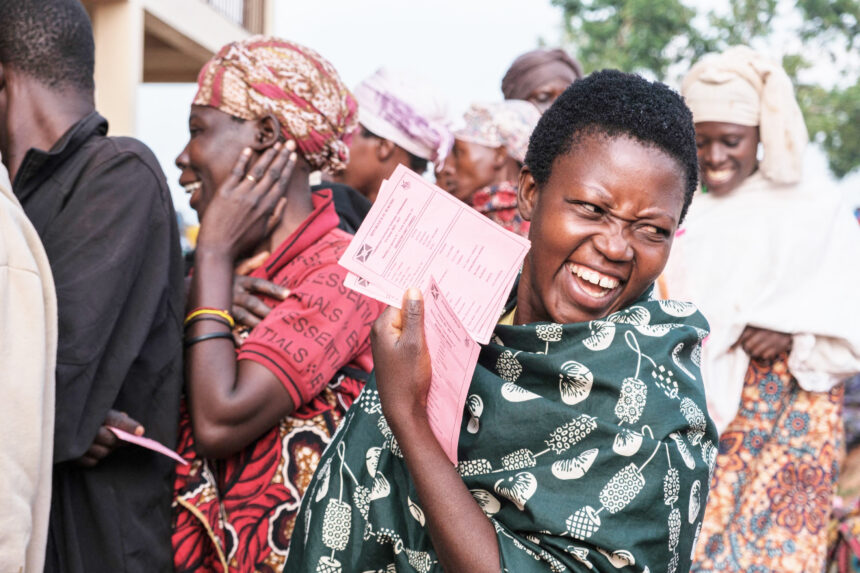NAIROBI – Elections for a new parliament in Burundi got under way yesterday but with little risk of an upset after the main opposition was effectively barred from running.
The impoverished landlocked country in east Africa has seen decades of ethnic violence, civil war and authoritarian rule.
A former rebel group, the National Council for the Defence of Democracy – Forces for the Defence of Democracy (CNDD-FDD) of president Evariste Ndayishimiye, has dominated Burundian politics since 2005.
It is accused of undermining its main opponent, the National Freedom Council (CNL), which came second at the last election in 2020 and claimed it was cheated.
In 2023, the interior ministry suspended the CNL over “irregularities” in the way it organised its meetings. Then last year, the CNL ousted its leader, former militia commander Agathon Rwasa, while he was abroad – a move which he said was orchestrated by the government.
The government then passed new rules effectively barring Rwasa and his allies from joining other parties or standing as independents.
A Burundian analyst, who requested anonymity for fear of reprisals, said the ruling party was taking no chances because the elections were happening amid “a very deep socio-economic crisis”.
Burundi faces “all sorts of shortages, galloping inflation of more than 40% and growing popular discontent,” the analyst said.
President Ndayishimiye took over following the death of his predecessor, Pierre Nkurunziza, who had isolated the country with his brutal and chaotic rule since 2005.
While Ndayishimiye was seen as relatively less authoritarian, Burundi’s rights record remains poor, with journalists, activists and opposition figures all facing severe repression.
One of the candidates for yesterday’s election, Patrick Nkurunziza – no relation to the previous president – head of the Burundi for All coalition, told AFP the campaign had been “very difficult for us”.
He said his members faced “threats, harassment and sometimes even attacks” from a government-aligned youth league known as the Imbonerakure.
A group of media executives last month accused the Imbonerakure of detaining and torturing a journalist while he tried to work at the University of Burundi in the capital Bujumbura.
A fuel shortage that has largely paralysed the country for nearly three years also made it difficult for candidates to operate, said Nkurunziza. “In the absence of Agathon Rwasa’s CNL, the CNDD-FDD is sure to win,” said the analyst.
Most of the other candidates are “token candidates, who are there just to show that democracy is still happening in Burundi,” they added.
Burundi experienced decades of ethnic violence and civil war up to 2005. Under a peace agreement signed in 2000, seats in the parliament are split 60-40 between the two ethnic groups, Hutu and Tutsi.
Burundi remains one of the world’s poorest countries with almost two-thirds living below the World Bank’s poverty line of US$2.15 per day.
– Nampa/AFP


